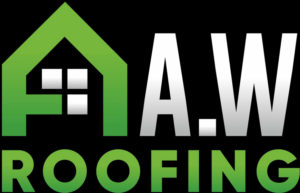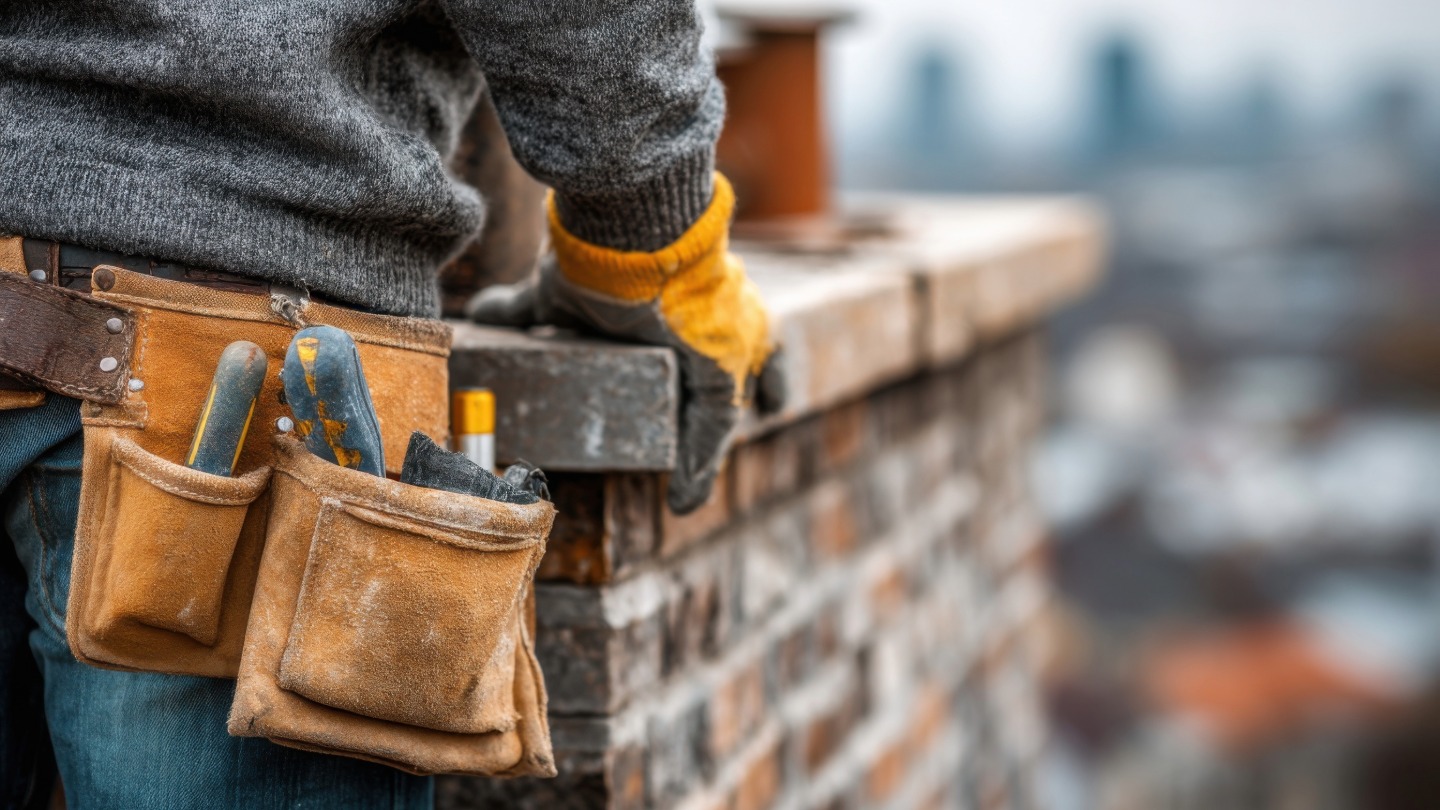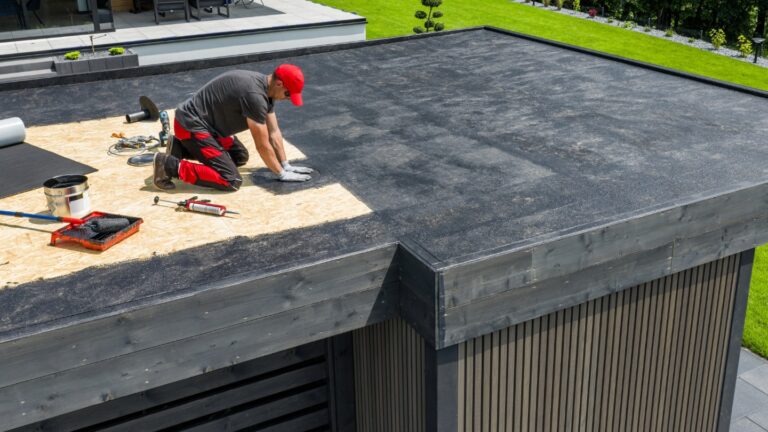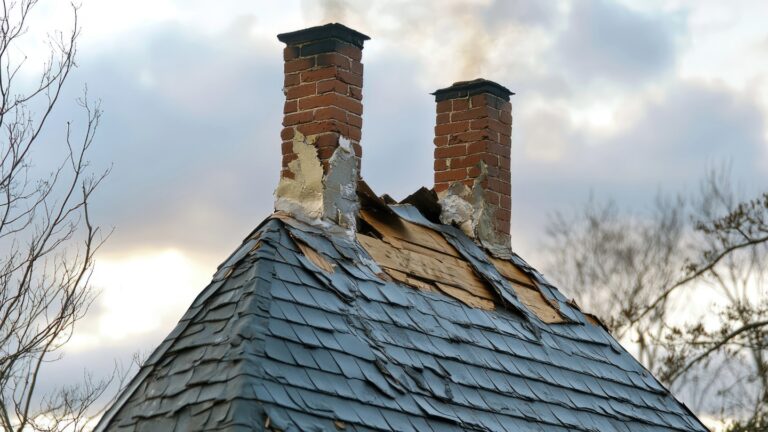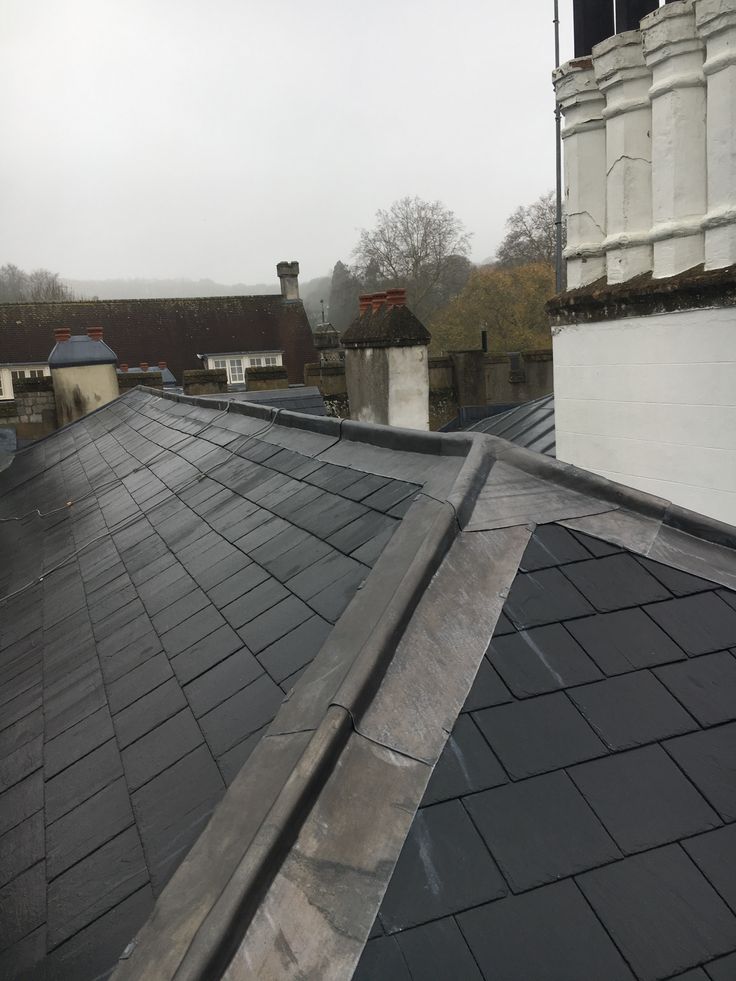Living by the coast in Plymouth means our homes are constantly battling the elements. One part of your house that really takes a beating is the chimney. All that salty air, wind, and rain can really do a number on it over time. If you’re noticing some wear and tear, or just want to make sure everything’s shipshape, understanding chimney repairs Plymouth is key to keeping your home safe and sound.
Key Takeaways
- Coastal weather in Plymouth, with its salt air and strong winds, can cause significant damage to chimneys, leading to issues like masonry wear and structural stress.
- Regular chimney repairs in Plymouth are vital for preventing dangerous fire hazards and carbon monoxide leaks, ensuring your home’s safety.
- Common problems needing attention include cracked chimney crowns, deteriorating mortar joints, and damaged chimney caps, all of which compromise the chimney’s integrity.
- A professional chimney repair process in Plymouth involves a thorough inspection, a tailored repair plan, quality workmanship, and final checks for lasting results.
- Choosing local experts for chimney repairs in Plymouth means opting for professionals familiar with the specific challenges of the area’s climate and building styles.
Understanding Coastal Weather’s Impact on Plymouth Chimneys
Living by the coast in Plymouth means we get some pretty spectacular views, but it also means our homes, especially our chimneys, have to put up with a fair bit. That salty air and the constant dampness can really do a number on the brickwork and mortar over time. It’s not just about how it looks, either; moisture getting into the structure can lead to bigger problems down the line.
Salt Air and Moisture Intrusion
That sea breeze is lovely, but it carries salt particles that settle on your chimney. When moisture, like rain or even just damp air, mixes with this salt, it can start to break down the materials. You might notice white powdery stains, known as efflorescence, which is a sign that salts are being drawn out of the bricks and mortar. This constant dampness can also seep into tiny cracks, and when temperatures drop, this water can freeze and expand, making those cracks even worse. It’s a cycle that can really weaken your chimney over the years.
Freeze-Thaw Cycles and Masonry Damage
Plymouth gets its fair share of cold snaps, and when water gets into the pores of your bricks and mortar, the freeze-thaw cycle is a real menace. Water seeps into small cracks, freezes, expands, and then thaws. This repeated process puts immense pressure on the masonry, causing bricks to chip, crumble, or ‘spall’ (where the surface layer flakes off). It’s particularly damaging to older, more porous bricks. You might see bits of brickwork falling off or a general crumbling effect, which definitely needs looking at.
High Winds and Structural Stress
We all know Plymouth can get windy, especially near the coast. Strong gusts can put a surprising amount of stress on your chimney. Think of it like a sail; the wind pushes against it. Over time, this constant buffeting can loosen bricks, damage the mortar joints, or even cause the chimney to lean slightly. This kind of structural stress is a serious safety concern, as a weakened chimney could potentially collapse, especially during a severe storm. It’s why regular checks are so important to catch any signs of movement or instability before they become a major issue. If you’re noticing any wobbles or cracks, it’s worth getting a professional chimney inspection to assess the situation.
Essential Chimney Repairs in Plymouth for Home Safety

Right then, let’s talk about why keeping your chimney in good nick is a really big deal for your Plymouth home. It’s not just about having a cosy fire on a chilly evening, though that’s a big part of it! A well-maintained chimney is actually a pretty vital piece of your home’s safety system. Think about it: all that smoke and heat has to go somewhere, and if your chimney isn’t up to scratch, that ‘somewhere’ could end up being inside your house, which is definitely not ideal.
Preventing Fire Hazards and Carbon Monoxide Leaks
This is probably the most important bit. When your chimney isn’t working as it should, you’re looking at a couple of nasty potential problems. First off, creosote, which is basically a sticky residue from burning wood, can build up inside the flue. If this stuff gets too thick, it’s incredibly flammable. A chimney fire can be seriously dangerous, spreading quickly and causing a lot of damage.
Then there’s carbon monoxide. This is a colourless, odourless gas that’s produced when fuel doesn’t burn completely. If your chimney is blocked or damaged, this gas can’t escape properly and can seep back into your home. It’s a silent killer, so making sure your chimney is clear and drawing well is absolutely critical for your family’s health.
Maintaining Structural Integrity
Plymouth’s coastal weather, with its salty air and strong winds, can really take a toll on your chimney over time. We’re talking about things like bricks getting loose, mortar crumbling away, and even the chimney crown cracking. If these bits start to fail, the whole structure can become unstable. You might not notice it straight away, but a chimney that’s losing its structural integrity is a ticking time bomb. It could lean, or worse, parts of it could collapse. Regular checks and repairs stop these small issues from turning into major, expensive, and dangerous problems.
Ensuring Fireplace Efficiency
Beyond safety, a healthy chimney just makes your fireplace work better. When everything is clean and in good repair, your fireplace will burn more efficiently. This means you get more heat from your fuel, which is good for your wallet and the environment. A chimney that’s struggling to draw properly won’t heat your home effectively, and you might find yourself using more wood or gas than you need to. Plus, a well-functioning fireplace is just more enjoyable, isn’t it? No one wants smoke billowing back into the room when they’re trying to relax.
Common Chimney Damage Requiring Plymouth Repairs
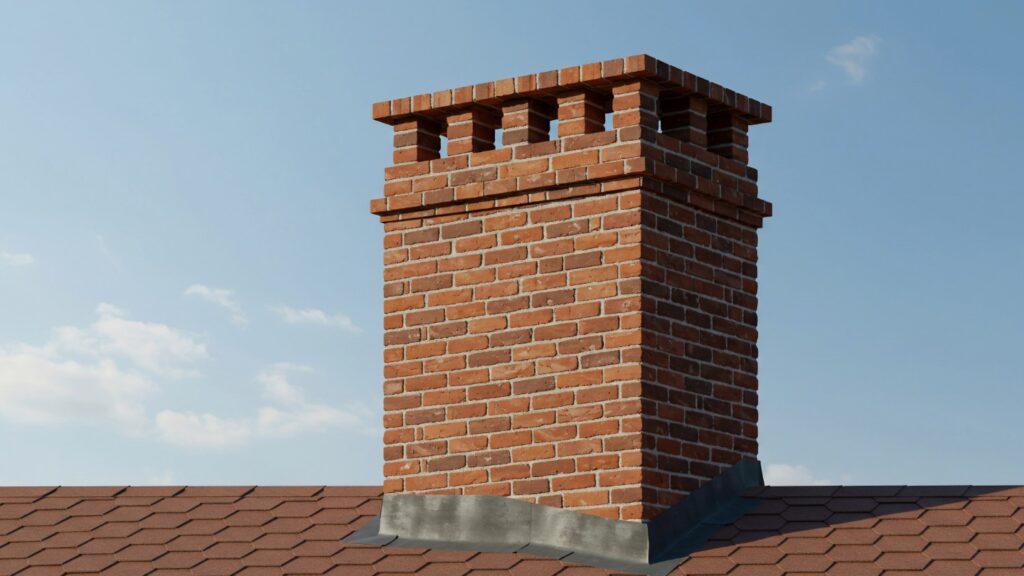
Right then, let’s talk about the bits of your chimney that tend to give up the ghost first, especially with all that salty air and blustery weather we get down here in Plymouth. It’s not just about looks, mind you; some of these issues can actually be a bit of a safety hazard if you leave them too long.
Cracked Chimney Crowns and Walls
That bit right at the very top of your chimney, the crown, is like the hat that keeps the rain out. When it cracks, water gets in, and then, especially in winter, it freezes and expands, making the cracks even bigger. It’s a bit like a snowball effect, but with masonry! The same goes for cracks that appear in the main walls of the chimney. These aren’t just cosmetic blemishes; they’re entry points for water, which can then work its way into your home or weaken the structure itself.
- Water ingress: Leads to damp, mould, and potential structural damage inside your home.
- Freeze-thaw cycles: Worsen cracks, leading to more significant damage over time.
- Weakened structure: Can compromise the chimney’s stability, especially in high winds.
Deteriorated Mortar Joints
Mortar is the sticky stuff that holds your bricks together. Over the years, especially with the constant battering from the elements, this mortar can start to crumble and wash away. You might see little bits of it falling down, or the joints might just look worn and sandy. This is a big problem because it means the bricks aren’t properly secured anymore. It’s like the glue coming unstuck on a model you built as a kid – things start to wobble.
When mortar joints start to fail, the whole chimney’s integrity is at risk. It’s not just about repointing a few bits; it’s about making sure the entire structure remains sound and safe for years to come.
Damaged or Missing Chimney Caps
Think of your chimney cap as the final defence. It stops rain, snow, leaves, and even pesky birds and squirrels from getting down your chimney. If it’s damaged, bent, or just plain missing, you’re leaving the door wide open for all sorts of trouble. Rain can pour straight down, causing dampness and damage to the flue liner and the inside of your chimney. And as for animals? Well, nobody wants a bird’s nest or a squirrel’s stash causing a blockage or, worse, a fire hazard.
Here’s a quick rundown of what a good cap does:
- Keeps out rain and snow.
- Prevents leaves and debris from clogging the flue.
- Stops animals from nesting inside.
- Protects the chimney crown from direct water impact.
So, if you spot any of these issues, it’s definitely worth getting a professional to take a look. Better safe than sorry, as they say!
Professional Chimney Repair Process in Plymouth
When it comes to getting your chimney sorted out here in Plymouth, there’s a pretty standard way things usually go down. It’s not just about slapping some cement on a crack and calling it a day, you know? A proper job involves a few key steps to make sure everything is safe and sound.
Thorough Inspection and Assessment
First off, someone’s got to have a good look at the whole thing. This isn’t just a quick glance from the ground. They’ll be checking for all sorts of things, from the bricks and the mortar to the flue liner inside and the cap on top. They’re looking for any signs of trouble, like cracks, loose bits, or where water might be getting in. It’s all about figuring out exactly what’s wrong before any work starts.
Tailored Repair Plans
Once they know what they’re dealing with, they’ll put together a plan. This isn’t a one-size-fits-all deal. The plan will be specific to your chimney and the problems it’s got. It’ll usually outline what needs doing, what materials they’ll use, and give you an idea of the cost. You should get a clear breakdown so you know what you’re paying for.
Quality Workmanship and Materials
This is where the actual fixing happens. The team will get to work, using the right stuff for the job. For us, that means using materials that can stand up to Plymouth’s weather – you know, the salt air and the damp. They’ll be careful with the masonry, making sure any repairs blend in and are built to last.
Final Checks and Cleanup
After all the hard graft, they’ll do a final check. This is to make sure everything they’ve done is up to scratch and that your chimney is safe to use. They’ll also tidy up the area, so you’re not left with a mess to deal with. It’s all part of the service to leave your place looking as good as it did before they arrived, if not better!
It’s really important that the people doing the work know about the local conditions. Plymouth’s coastal weather can be pretty harsh on chimneys, so using the right techniques and materials makes a big difference in how long the repairs last.
Choosing Experts for Chimney Repairs in Plymouth
Right then, when it comes to getting your chimney sorted out in Plymouth, you don’t want just anyone poking about. This isn’t like fixing a leaky tap; it’s your home’s safety we’re talking about, especially with all that salty air and blustery weather we get. So, picking the right people is a pretty big deal.
Experience with Local Conditions
Plymouth’s got its own quirks, hasn’t it? The sea air can be a real pain, and those winter winds aren’t exactly gentle. You need a team that knows how this weather affects brickwork and mortar around here. They’ll have seen it all before – the salt erosion, the damp creeping in, the way the freeze-thaw cycles can really do a number on your chimney. Someone who understands these local challenges will know exactly what to look for and how to fix it properly, so it lasts. It’s not just about slapping some cement on; it’s about using the right stuff and doing it in a way that stands up to Plymouth’s climate.
Certified and Insured Professionals
This is a non-negotiable, really. You want to make sure whoever you hire is properly qualified. That means they’ve got the right certifications – showing they know their stuff about chimney safety and repair techniques. And insurance? Absolutely vital. If something were to go wrong while they’re working, you don’t want to be left footing the bill. It gives you peace of mind knowing they’re covered.
Transparent Pricing and Warranties
Nobody likes nasty surprises, especially when it comes to bills. A good chimney repair company will be upfront about costs. They should give you a clear breakdown of what needs doing and what it’ll set you back before they start the work. And a warranty? That’s a sign they stand by their work. It means if the problem they fixed pops up again within a certain time, they’ll come back and sort it out without charging you extra. It shows they’re confident in their repairs.
Here’s a quick rundown of what to look for:
- Certifications: Check for industry-recognised qualifications.
- Insurance: Confirm they have public liability insurance.
- References: Ask for testimonials or examples of previous work.
- Quotation: Get a detailed, written estimate.
- Warranty: Understand what guarantees are offered on the repair work.
Choosing a reputable company means you’re investing in a safe, well-maintained chimney that will serve you well for years to come, rather than just a quick fix that might cause more headaches down the line. It’s about getting it right the first time.
Chimney Cap Solutions for Plymouth Homes
Protecting Against Weather and Debris
Right, so let’s talk about chimney caps. You might not think much of them, but these things are pretty important, especially here in Plymouth with our coastal weather. A good chimney cap is your chimney’s first line of defence. It’s like a little hat for your chimney, really. It stops the rain and snow from getting right down the flue, which can cause all sorts of problems like dampness and even freeze-thaw damage to your bricks. Plus, it stops leaves, twigs, and all sorts of other gunk from falling in and blocking things up. You don’t want a blocked chimney, trust me.
Preventing Animal Infestations
Another big plus for chimney caps is keeping critters out. You know, the usual suspects – birds building nests, squirrels trying to set up home, maybe even bats. It sounds a bit mad, but they can get in there and cause a right mess. Their nesting materials can block the chimney, which is a fire hazard and can also stop your fireplace from venting properly, meaning dangerous fumes could come back into your house. A cap with a mesh screen stops them from getting in without blocking the airflow too much.
Reliable Cap Repair and Installation
If your chimney doesn’t have a cap, or if the one you’ve got is looking a bit worse for wear – maybe it’s rusted, loose, or damaged from a storm – then it’s time to get it sorted. We can come out and have a look. We’ll check what sort of cap you need, considering the size of your chimney and what it’s made of. We can fit new ones, whether you fancy a standard galvanised steel one or something a bit fancier like copper. If your existing cap is just a bit battered, we can often repair it too, making sure it’s secure and doing its job properly. It’s all about keeping your chimney safe and sound.
Here’s a quick rundown of why a cap is a good idea:
- Stops rain and snow getting into the flue.
- Keeps out leaves, twigs, and other debris.
- Prevents birds and animals from nesting inside.
- Helps reduce downdrafts.
Don’t wait until you have a problem. A chimney cap might seem like a small thing, but it plays a big role in protecting your home from the elements and unwanted visitors. Getting the right one fitted or repaired can save you a lot of hassle and expense down the line.
Is your Plymouth home’s chimney looking a bit worse for wear? We’ve got the answers to keep it safe and sound. From stopping leaks to keeping out unwanted guests like birds, we can fix it up. Don’t let a leaky chimney cause bigger problems. Visit our website today to see how we can help protect your home!
So, What’s the Takeaway?
Right then, we’ve had a good look at how Plymouth’s weather can really give your chimney a bit of a battering. From the salty air to those blustery winds, it’s no wonder things start to look a bit worse for wear. Keeping an eye on your chimney and getting any little problems sorted sooner rather than later is the smart move. It’s not just about keeping your house looking tidy, it’s about making sure everything’s safe and sound, especially when you’re trying to keep warm on a chilly evening. Don’t leave it too long – a bit of attention now can save you a whole heap of bother down the line.
Frequently Asked Questions
What sort of damage does the weather in Plymouth do to chimneys?
Because Plymouth is so close to the sea, salty air and dampness can get into your chimney. Also, the freezing and thawing in winter can make bricks and mortar crack. Strong winds can also put a strain on the whole chimney structure, making it wobbly.
How can I tell if my chimney needs fixing?
Keep an eye out for cracks in the bricks or the top part of the chimney, called the crown. If the stuff holding the bricks together, the mortar, looks crumbly or worn away, that’s another sign. And if your chimney cap is missing or damaged, that definitely needs sorting.
Why is it so important to fix my chimney?
A broken chimney isn’t just ugly; it’s dangerous! It can lead to chimney fires or dangerous gases like carbon monoxide leaking into your home. Plus, a well-maintained chimney helps your fireplace work better, saving you money on heating.
What’s involved in getting my chimney repaired?
First off, someone will have a really good look at your chimney to figure out exactly what’s wrong. Then, they’ll come up with a plan to fix it, using good materials and making sure it’s all done safely. They’ll clean up afterwards too.
Should I get a chimney cap, and what does it do?
Definitely! A chimney cap is like a hat for your chimney. It stops rain, snow, leaves, and even birds or squirrels from getting in, which can cause all sorts of problems. It’s a simple fix that really protects your chimney.
How much does it usually cost to fix a chimney in Plymouth?
The price can change a lot depending on how bad the damage is. Small fixes might be a couple of hundred pounds, but if it’s a big job, it could be over a couple of thousand. It’s always best to get a few quotes to see what’s what.
